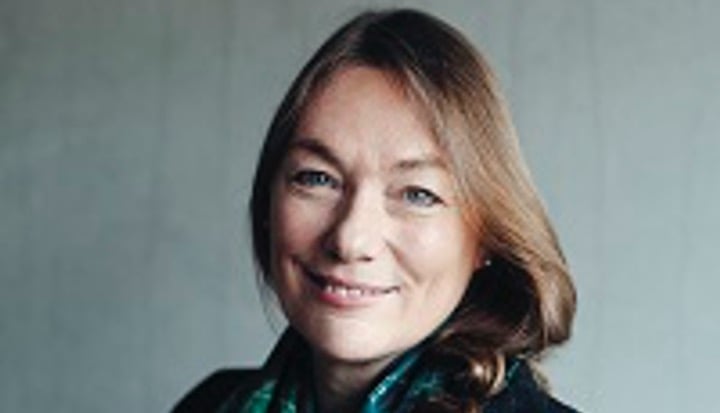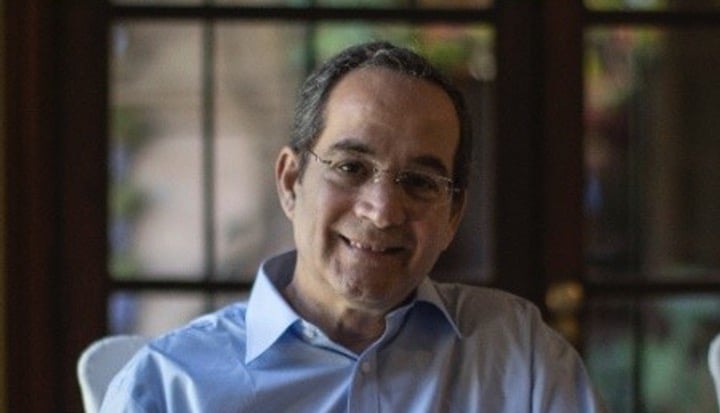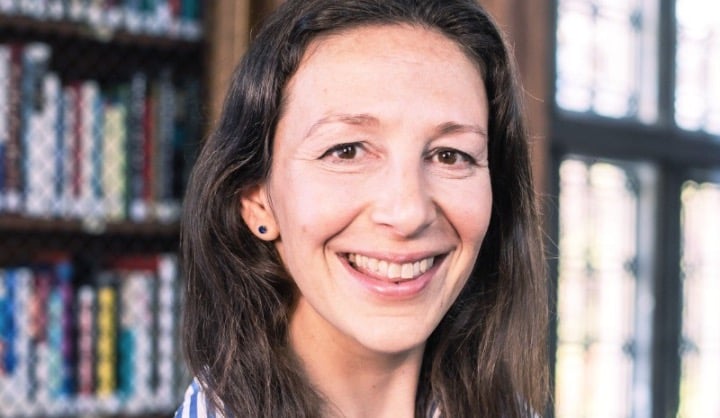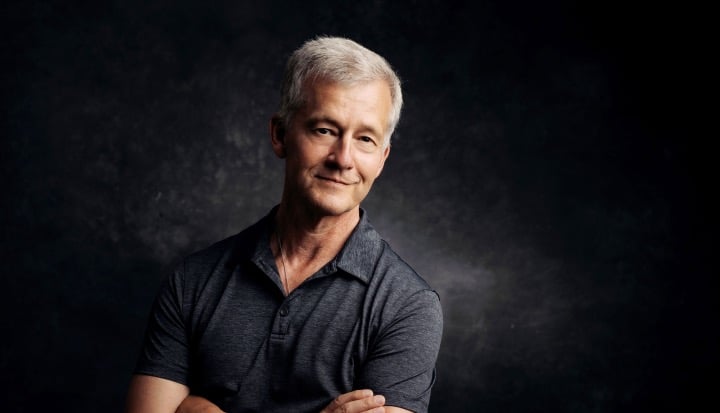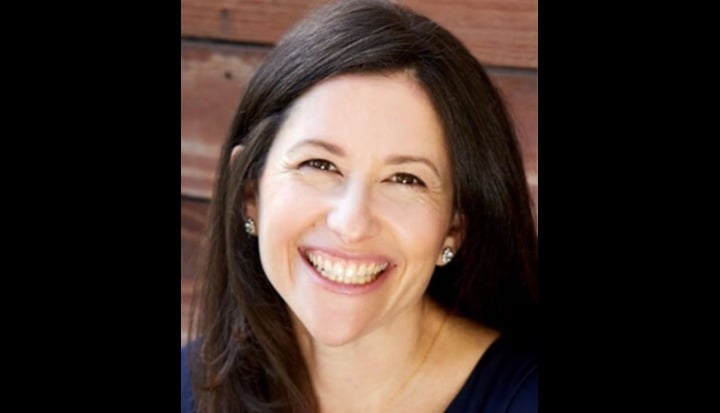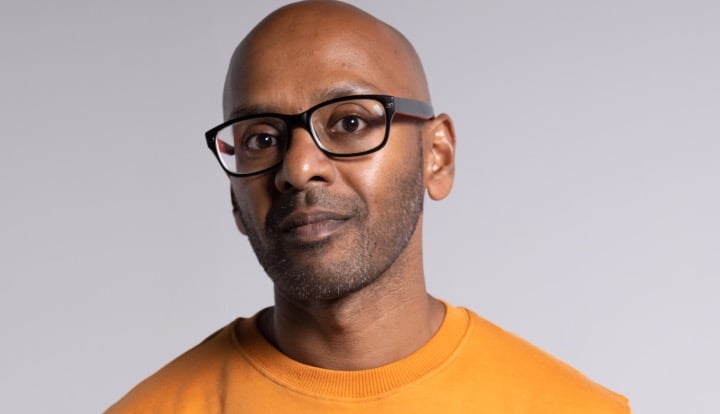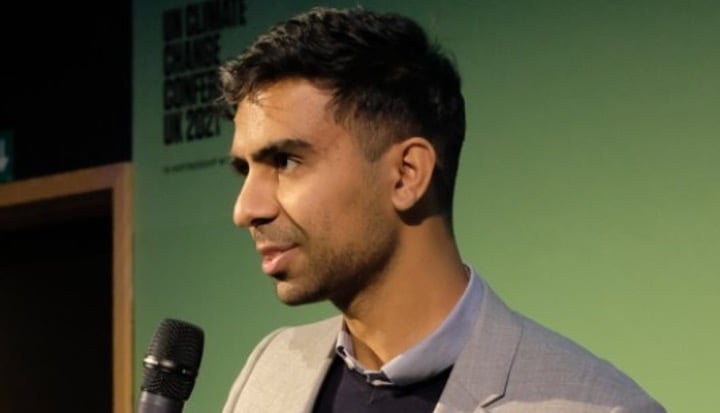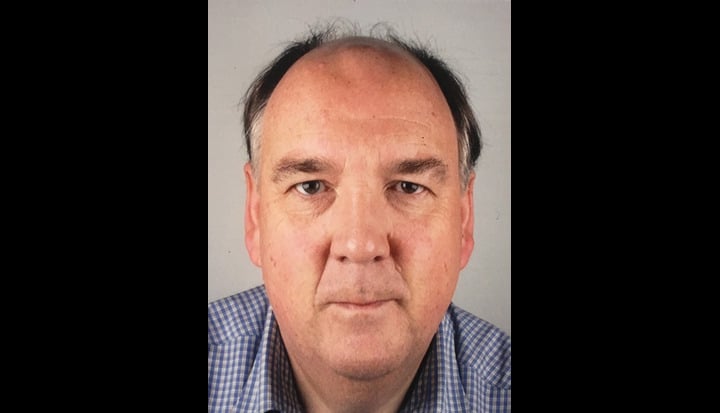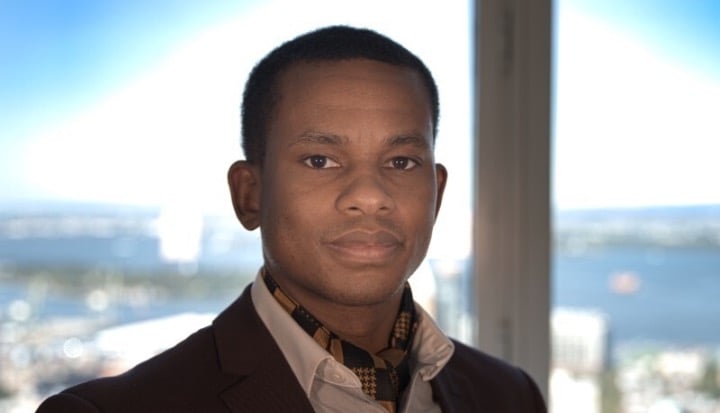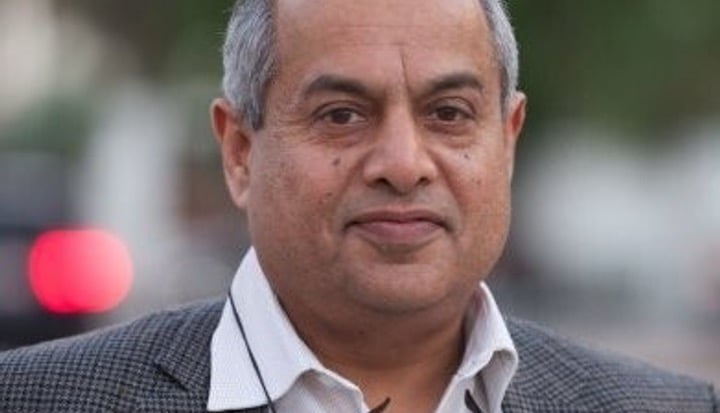BFP: What do you do?
 Mavis: I am the Save The Children U.K. Director for Programme Policy and Quality, and I am responsible for the department that houses our technical advisors in Save The Children U.K.
Mavis: I am the Save The Children U.K. Director for Programme Policy and Quality, and I am responsible for the department that houses our technical advisors in Save The Children U.K.
My department provides technical advice for the design implementation and monitoring of all our programs to ensure that we undertake robust practical research and evidence generation in our programming, and we also inform the global research agenda on what our programming tells us works and doesn’t work from our impact data. We are also responsible for inputting into and supporting strategy and policy processes both in Save U.K. and Save The Children International, and making sure that we are working together to build technical capacity across the country membership of Save The Children. There are 30 members of the Save The Children network, and the U.K. is the second largest member.
BFP: What is the best part about your job?
Mavis: What I find amazing about my job is the range of stakeholders that I get to work with. On a day-to-day basis, I could be talking to an institutional donor, like DFID, around a programming opportunity, a multilateral agency like the World Bank on a development opportunity, a national government about a challenge in-country or a large corporate about how they could contribute to a global development outcome.
So, it means that if we are strategic and we are very clear about the development challenges that we are trying to help the world address, then we are well positioned to bring these partners together around a common agenda. We can be a great facilitator and broker across a range of key partners that are critical to finding solutions to development challenges, and that’s what I find most exciting about my job.
BFP: What has been your greatest challenge?
Mavis: I think my greatest challenge has been learning about a new organization. I’ve been with Save The Children now for two years. I came in from DFID and so making the transition from being a donor to being an NGO has been a very interesting transition, and I think my biggest challenge was just suddenly realizing that I didn’t write the check and, in fact, had to make the case for the check.
Having been on the donor side for 15 years, helped a lot because I had a sense of what institutional donors and bilateral donors are looking for, and having worked on private sector issues a very long time, I also knew what it would take to attract private sector interest in this space. So, it was a shock, but I came in with a slight advantage having been on the other side and having worked with a range of similar partners.
BFP: How did you overcome this challenge?
Mavis: I think I constantly put myself in the position of the person that I was asking for the check from, so I was constantly asking, “What would the multilateral donor, the bilateral donor, or the private sector donor be looking for?” It was a combination of trying to put myself in the shoes of the funder while simultaneously really drawing on the knowledge and experience of colleagues in the organization on what we could realistically deliver, and feeling confidently enough in the brand to say, “No, we couldn’t do this” when we were asked to deliver something that I felt we couldn’t deliver on and in the long-run would affect our reputation.
BFP: What do you hope to get out of being part of the Business Fights Poverty community?
Mavis: I joined Business Fights Poverty when I was the Head of Profession, Private Sector, at DFID, and my ambition there was to help the business community realize that DFID is open for business. My ambition hasn’t changed. I want business to know that Save The Children is open for business with business, and we’re open for a new type of partnership with business.
CSR is interesting, but not sufficient for development outcomes. Core business, and how businesses operate in developing context for development outcomes is the partnership that we would like to talk about. Because we are a civil society organization doesn’t mean our relationship has to be purely civil and social corporate responsibility. We can do a lot more, and we would like the partnership to be a new one. So, that’s what I would like to get out of the community. For all business members of Business Fights Poverty, we’re open for new partnerships!
Save the Children is currently recruiting for a Head of Business Partnerships (Programmes).
Editor’s Note:
Thank you to Mavis Owusu-Gyamfi for taking the time to do this interview.
We’re always looking out for members to feature. Help us by taking two-minutes to update your profile, or by nominating someone for Business Fights Poverty Member of the Week.
Read previous Member of the Week interviews here.

